Description
“Socio-Economic Change and Regional Development” by P V Rajeev is a thought-provoking and comprehensive exploration of the intricate relationship between socio-economic change and regional development. In this groundbreaking book, Rajeev delves into the dynamics of regional disparities, offering valuable insights into the causes, consequences, and potential solutions for addressing uneven development across different regions. With a keen focus on the complexities of socio-economic change, this book presents a multidimensional analysis of regional development, drawing from a wide range of empirical studies, theoretical frameworks, and case studies from around the world. Rajeev’s expertise in the field of regional economics shines through as he navigates through complex concepts with clarity and precision. This book is an essential read for scholars, policymakers, and anyone interested in understanding the intricate interplay between socio-economic change and regional development.
In “Socio-Economic Change and Regional Development,” Rajeev provides a comprehensive overview of the key drivers and consequences of regional disparities. He begins by examining the concept of regional development and its various dimensions, emphasizing the interrelated nature of economic, social, and environmental factors. The book then delves into the causes of regional disparities, such as historical legacies, geographical factors, institutional frameworks, and policy interventions. Rajeev skillfully combines theoretical insights with empirical evidence, offering a nuanced understanding of how these factors shape regional development trajectories.
Furthermore, the book explores the consequences of regional disparities, highlighting the social, economic, and political implications for both developed and developing regions. Rajeev elucidates the vicious cycle of uneven development, where disparities perpetuate themselves through various mechanisms such as agglomeration economies, migration patterns, and policy biases. The author argues that addressing regional disparities is not only a matter of social justice but also crucial for achieving sustainable and inclusive economic growth.
Rajeev’s analysis in “Socio-Economic Change and Regional Development” is rigorous and insightful. He presents a wide array of theoretical frameworks and empirical studies to support his arguments, showcasing his deep understanding of the subject matter. The book’s strength lies in its ability to synthesize complex concepts and make them accessible to readers from various backgrounds. Rajeev’s analysis goes beyond mere description, as he critically examines the limitations and implications of different approaches to regional development.
One of the notable aspects of this book is Rajeev’s exploration of policy interventions aimed at addressing regional disparities. He provides a comprehensive overview of various policy instruments, ranging from spatial planning and infrastructure development to regional innovation systems and entrepreneurship promotion. Rajeev examines the effectiveness of these interventions and identifies the key factors that contribute to their success or failure. This analysis adds practical relevance to the book, making it an invaluable resource for policymakers seeking evidence-based strategies for regional development.
In comparison to other books on regional development, Rajeev’s work stands out for its comprehensive approach and depth of analysis. While some books focus solely on economic factors, neglecting the social and environmental dimensions, “Socio-Economic Change and Regional Development” takes a holistic view, recognizing the interconnectedness of various factors. Rajeev’s emphasis on multidimensional analysis enables readers to gain a more nuanced understanding of regional disparities and their underlying causes.
Moreover, Rajeev’s comparative approach is another strength of the book. He draws upon case studies from different regions across the globe, including both developed and developing economies. This comparative lens allows for valuable insights into the similarities and differences in regional development experiences, enabling readers to identify common challenges and potential transferable lessons. By doing so, Rajeev provides a broader perspective on the subject, transcending geographical boundaries and enriching the analysis.
“Socio-Economic Change and Regional Development” explores several key themes that underpin the interpretation of regional disparities. One central theme is the role of institutions and governance in shaping regional development trajectories. Rajeev highlights the importance of inclusive institutions, good governance, and effective policy frameworks in fostering equitable and sustainable development. He also underscores the need for participatory decision-making processes and bottom-up approaches that empower local communities and ensure their active involvement in shaping their regions’ futures.
Another prominent theme in the book is the relationship between innovation and regional development. Rajeev argues that fostering innovation ecosystems and supporting knowledge-intensive industries is crucial for promoting regional competitiveness and reducing disparities. He explores the role of universities, research institutions, and entrepreneurship in driving innovation-led growth, providing concrete examples and best practices from various regions.
As a scholarly work, “Socio-Economic Change and Regional Development” does not revolve around characters in the traditional sense. However, the book features numerous case studies and real-world examples that illustrate the diverse experiences of regions and their inhabitants. Through these cases, Rajeev brings the stories of different regions to life, showcasing the challenges they face and the strategies they employ to overcome disparities. These examples add depth and richness to the analysis, allowing readers to connect with the realities of regional development on a human level.
About the Author:
P V Rajeev, the author of “Socio-Economic Change and Regional Development,” is a renowned expert in the field of regional economics. With a distinguished academic career and extensive research experience, Rajeev brings a wealth of knowledge and expertise to this book. He has published widely on regional development, innovation, and economic geography, and his contributions have had a significant impact on the field. Rajeev’s interdisciplinary approach, combining economics, geography, and public policy, has earned him accolades and recognition from scholars worldwide.
Rajeev’s writing style in “Socio-Economic Change and Regional Development” is scholarly yet accessible. He presents complex ideas and theoretical frameworks in a clear and concise manner, ensuring that readers with various levels of familiarity with the subject matter can grasp the concepts. The author’s use of real-world examples and case studies enhances the readability of the book, making it engaging and relatable. Rajeev’s writing style strikes a balance between academic rigor and practical relevance, making the book suitable for both academic audiences and practitioners.
What People Say About This Book:
“Socio-Economic Change and Regional Development” has received widespread acclaim from scholars and experts in the field. Reviewers have praised Rajeev’s comprehensive analysis, noting that the book fills a significant gap in the literature on regional development. Many have commended the author’s ability to synthesize complex concepts and present them in an accessible manner. The book’s practical relevance, evidenced by its exploration of policy interventions and case studies, has also been highly appreciated. Overall, readers have lauded “Socio-Economic Change and Regional Development” as an invaluable resource for anyone interested in understanding and addressing regional disparities.
- Comprehensive analysis of socio-economic change and regional development.
- Holistic approach, considering economic, social, and environmental dimensions.
- Rigorous and insightful examination of theoretical frameworks and empirical studies.
- In-depth exploration of policy interventions and their effectiveness.
- Comparative perspective, drawing upon case studies from diverse regions.

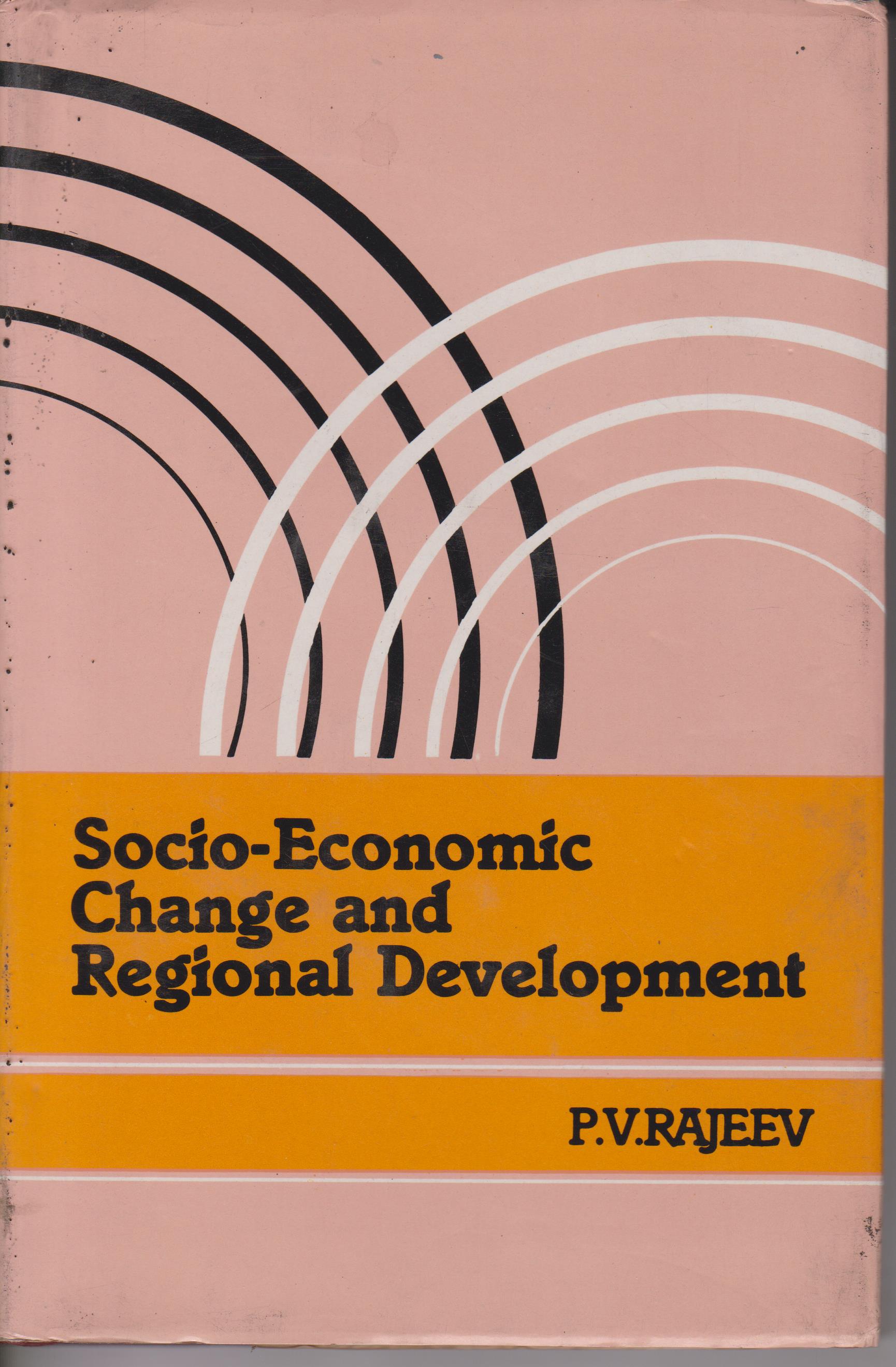

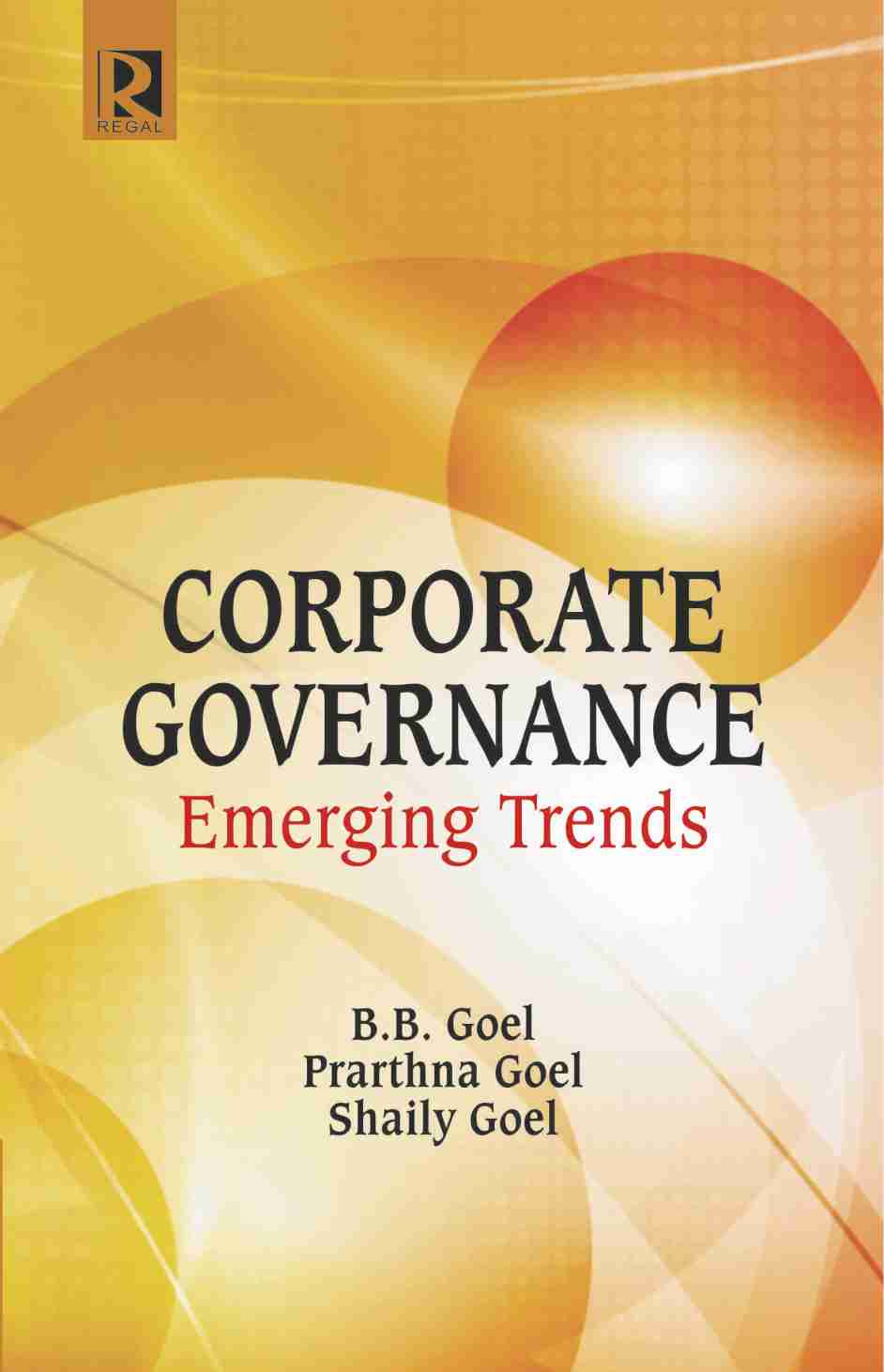


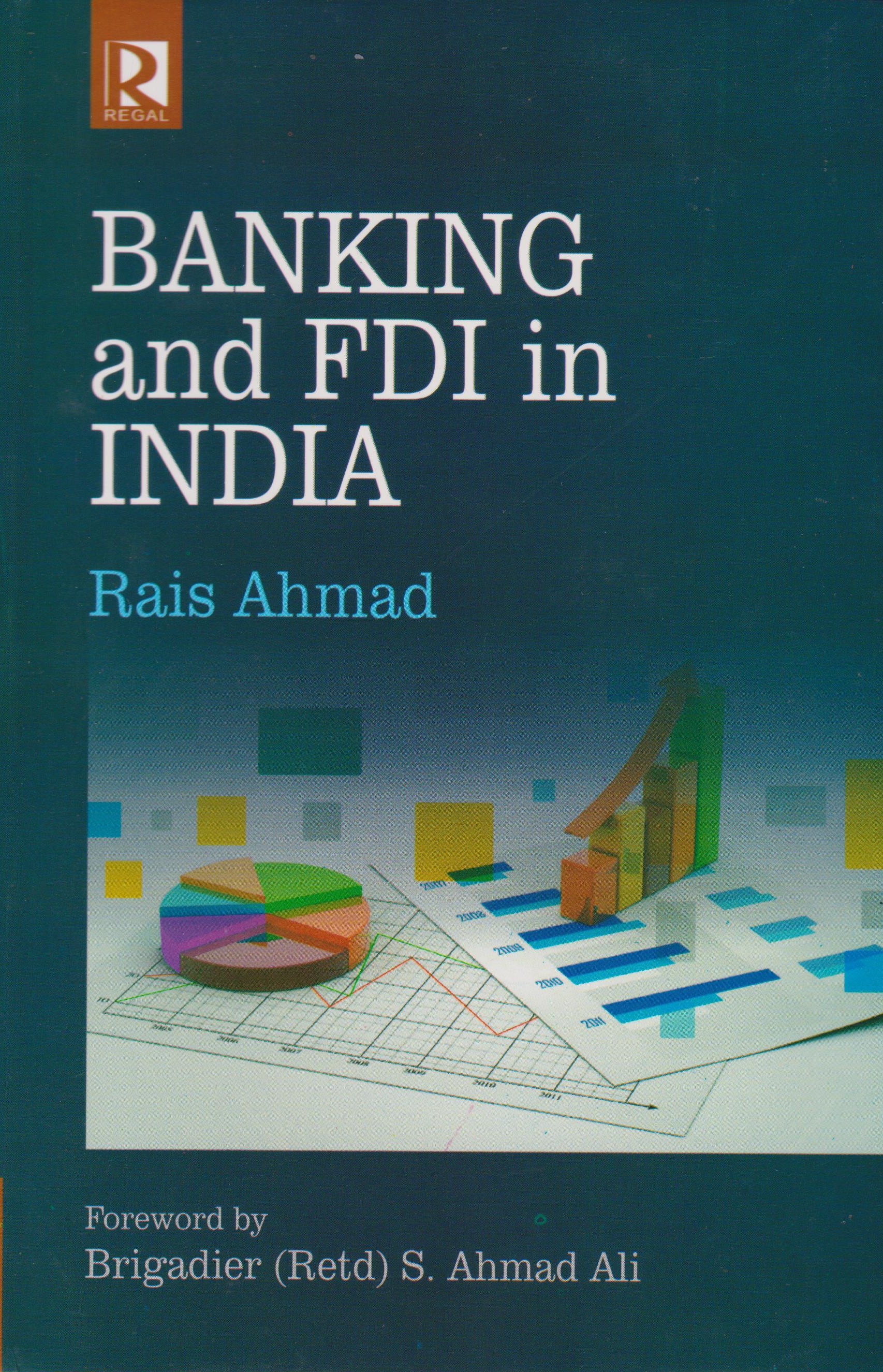
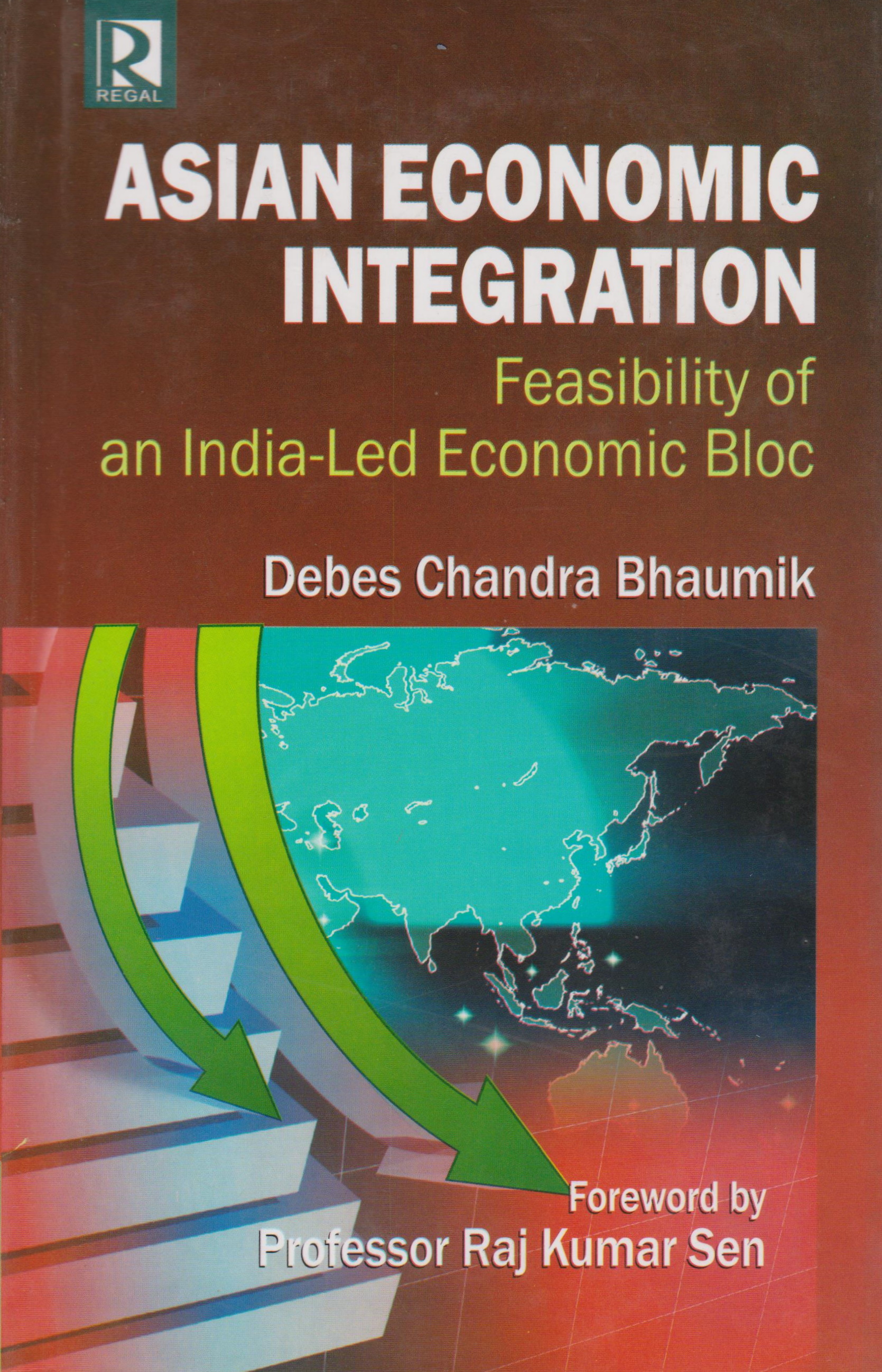

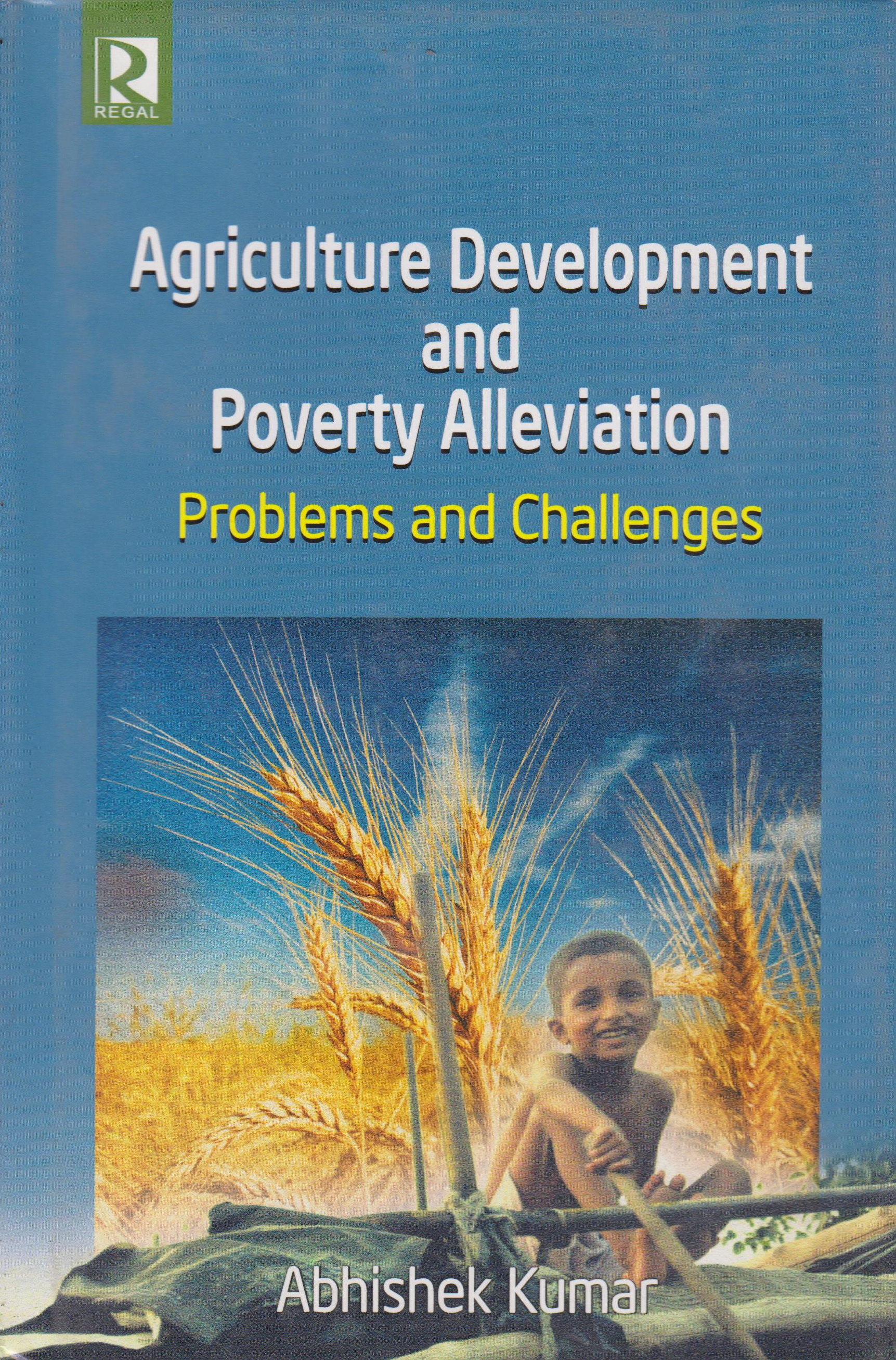
Reviews
There are no reviews yet.